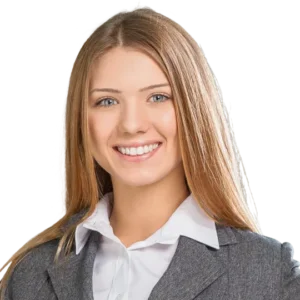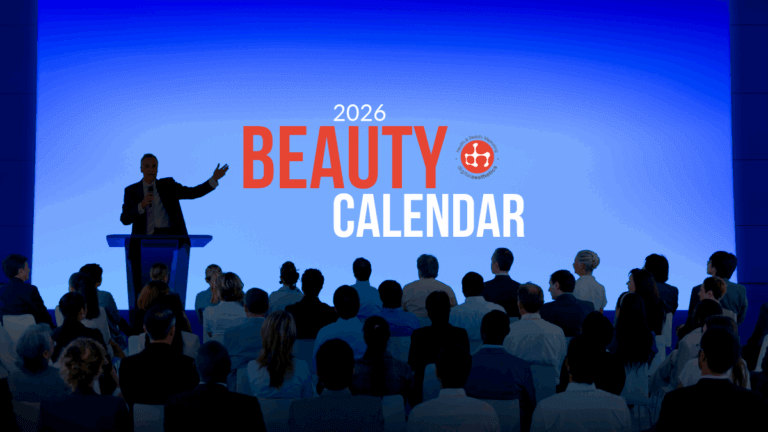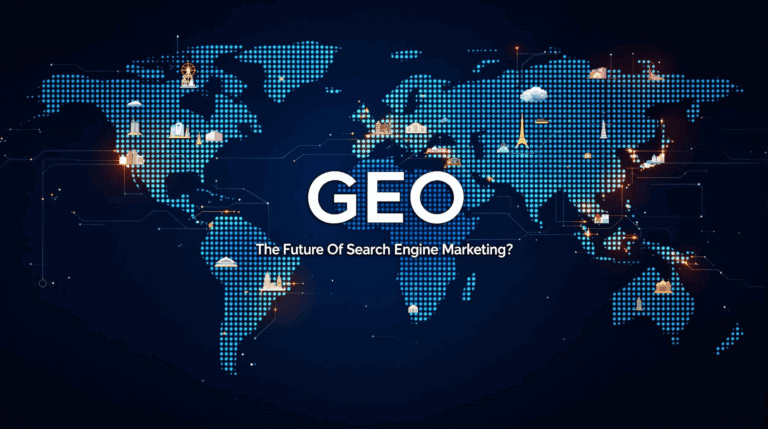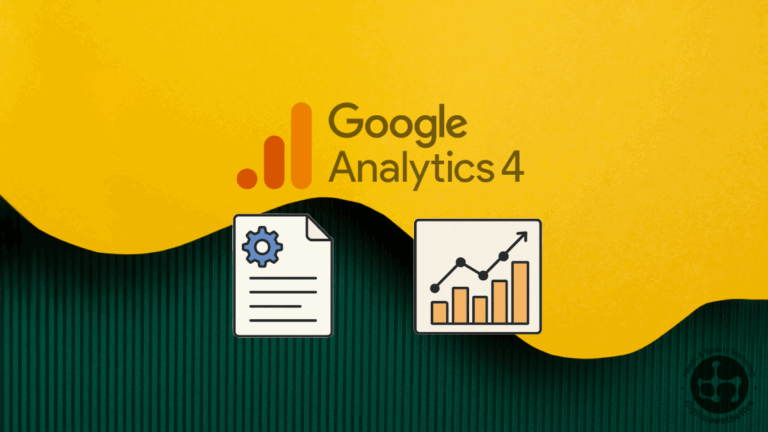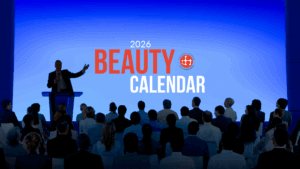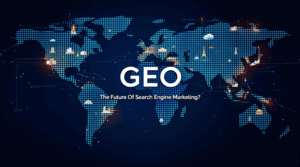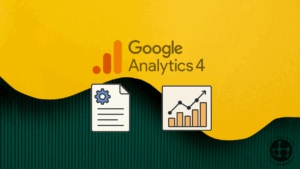Social media platforms like Facebook and Instagram have become important sources for lead generation, particularly for businesses in the aesthetics and dental business sectors. By harnessing automated tools and strategies, clinics can optimise their lead generation processes, capturing high-quality leads more effectively and efficiently. This article delves into the transformative role of automation in Facebook and Instagram lead generation, with a focus on lead generation forms.
Understanding Lead Generation Forms
Lead generation forms on Facebook and Instagram are crafted to gather contact information from potential clients directly on the platform. Integrated with advertisements, these forms are exceptionally effective because they minimise friction, enabling users to submit their details without leaving the social media site. This seamless experience significantly boosts conversion rates. Although elevated lead conversion rates, do not ensure
The Power of Automation
Automation in lead generation involves deploying software and tools to handle repetitive tasks, ensuring leads are captured, processed, and followed up with minimal manual effort. Here’s how automation enhances lead generation for aesthetic and dental clinics on Facebook and Instagram:
Instant Lead Capture and Integration
- Automated tools can immediately capture leads from forms and integrate them with Customer Relationship Management (CRM) systems or email marketing platforms. This ensures no lead is overlooked and allows for prompt follow-up.
- For instance, tools like Zapier can connect Facebook Lead Ads with various CRMs, facilitating smooth data transfer and storage.
Automated Follow-Up
- Post lead capture, automation can trigger a series of follow-up actions such as sending a welcome email, scheduling a consultation, or providing more information about services. This swift response helps maintain the lead’s interest and boosts the likelihood of conversion.
- Platforms like HubSpot or Mailchimp offer automated workflows that can be customised to nurture leads through email sequences based on their interactions and responses.
Lead Scoring and Segmentation
- Automation tools can score leads based on predefined criteria such as engagement level, demographic information, and other relevant data, aiding clinics in prioritising high-quality leads for follow-up.
- Automated segmentation enables clinics to categorise leads into different groups based on specific attributes, allowing for more personalised and targeted marketing efforts.
Retargeting and Custom Audiences
- Automation simplifies the creation of custom audiences for retargeting. For example, users who have interacted with a lead form but haven’t completed it can be targeted with specific ads to encourage completion.
- Facebook’s Pixel and Instagram’s tracking capabilities can be automated to effectively retarget these audiences, ensuring potential leads are re-engaged with relevant content.
Performance Tracking and Reporting
- Automation tools provide detailed analytics and reporting on lead generation campaigns. Clinics can track the performance of their forms, ads, and follow-up sequences in real-time, facilitating data-driven decisions and optimisation.
- Platforms like Facebook Ads Manager offer comprehensive insights that can be further analysed using automated reporting tools like Google Data Studio.
Benefits of Automation in Lead Generation

Automation in lead generation significantly boosts efficiency by reducing the manual workload involved in capturing and managing leads, allowing clinic marketing teams to focus on strategic tasks that drive growth. Automated workflows ensure that each lead is followed up promptly and systematically, enhancing the overall lead nurturing process. This timely follow-up increases conversion chances as consistent engagement keeps potential clients interested and informed.
Automation also enables clinics to expand lead generation efforts without a corresponding increase in resources, ensuring larger volumes of leads are handled efficiently so no opportunities are missed due to capacity constraints. Through advanced segmentation and lead scoring techniques, automation facilitates personalised marketing efforts tailored to individual preferences and behaviours. This approach not only enhances customer experience but also improves conversion rates.
Real-World Examples
Aesthetic Clinics use Facebook and Instagram lead forms to capture leads for new treatment launches, special promotions, and consultations. Automated systems then send personalised treatment recommendations or discount offers based on the leads’ interests, ensuring a tailored approach that increases engagement and conversion rates.
Dental Practices utilise lead forms to gather information from potential patients interested in specific dental services. Automation helps schedule follow-up consultations, send detailed service brochures, and nurture leads with educational content until they are ready for an appointment, streamlining the patient acquisition process.
Clinics hosting events or webinars use lead generation forms to register participants. Automation ensures registrants receive confirmation emails, reminders, and post-event follow-ups, enhancing the overall participant experience and maintaining engagement throughout the event lifecycle.
AI + Automation

AI will revolutionise automation by enhancing the efficiency and accuracy of lead generation processes. By leveraging machine learning algorithms, AI can analyse vast amounts of data to identify patterns and trends, allowing businesses to target potential clients more effectively. For example, AI can assess user behaviour on social media platforms like Facebook and Instagram, predicting which users are most likely to convert based on their interactions with ads and content. This predictive capability enables businesses to focus their marketing efforts on high-potential leads, thereby improving the overall efficiency of their campaigns.
Furthermore, AI-powered chatbots and virtual assistants can automate initial interactions with potential clients, providing instant responses to inquiries and guiding users through the lead generation process. These AI tools can handle a wide range of tasks, from answering frequently asked questions to scheduling appointments, all while providing a personalised experience. By automating these routine interactions, businesses can ensure that no lead is left unattended, and potential clients receive prompt and accurate information, thereby increasing the likelihood of conversion.
AI also enhances the personalisation of marketing efforts through advanced segmentation and customisation. By analysing individual user data, AI can segment leads based on various criteria such as demographics, behaviour, and preferences. This segmentation allows for the creation of highly targeted marketing campaigns that resonate with specific audience segments. Moreover, AI can tailor content and offers to individual users, making the marketing messages more relevant and impactful. This level of personalisation not only improves customer experience but also significantly boosts conversion rates, as potential clients are more likely to engage with content that directly addresses their needs and interests.
Automation is a game-changer in lead generation for aesthetic and dental clinics on Facebook and Instagram. By leveraging automated tools and strategies, clinics can efficiently capture, manage, and nurture leads, ultimately driving higher conversion rates and achieving superior marketing outcomes. As technology continues to evolve, the role of automation in digital marketing will only grow, offering even more sophisticated ways to engage and convert potential clients.

